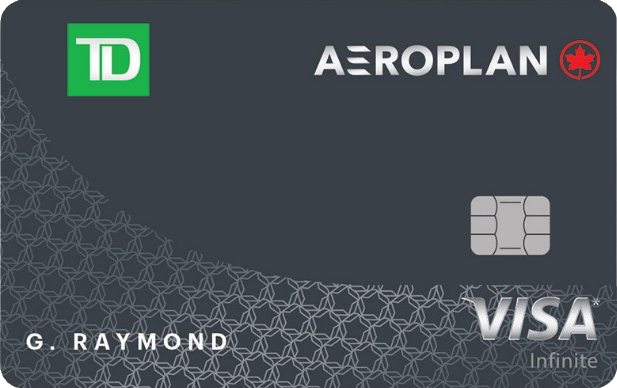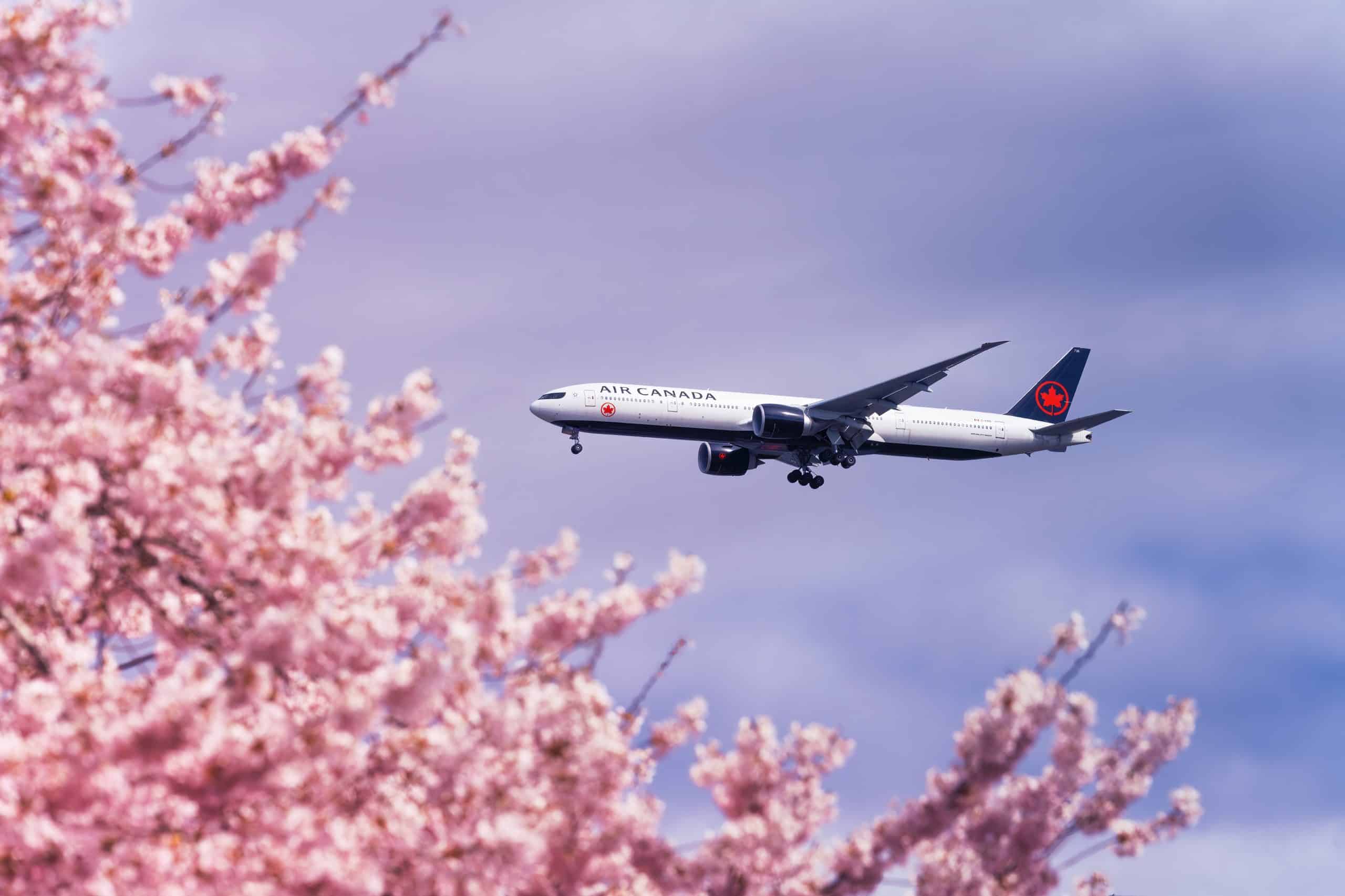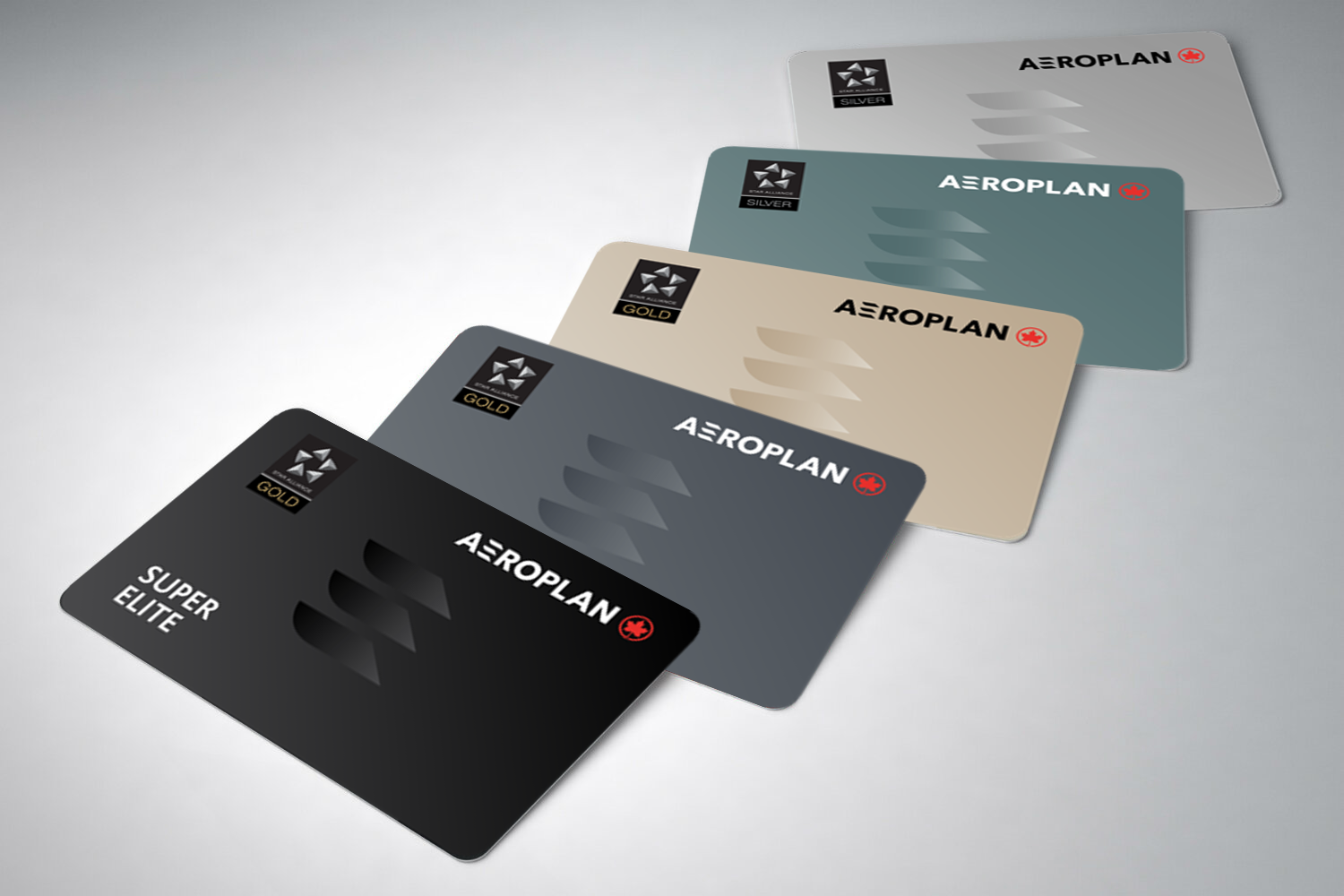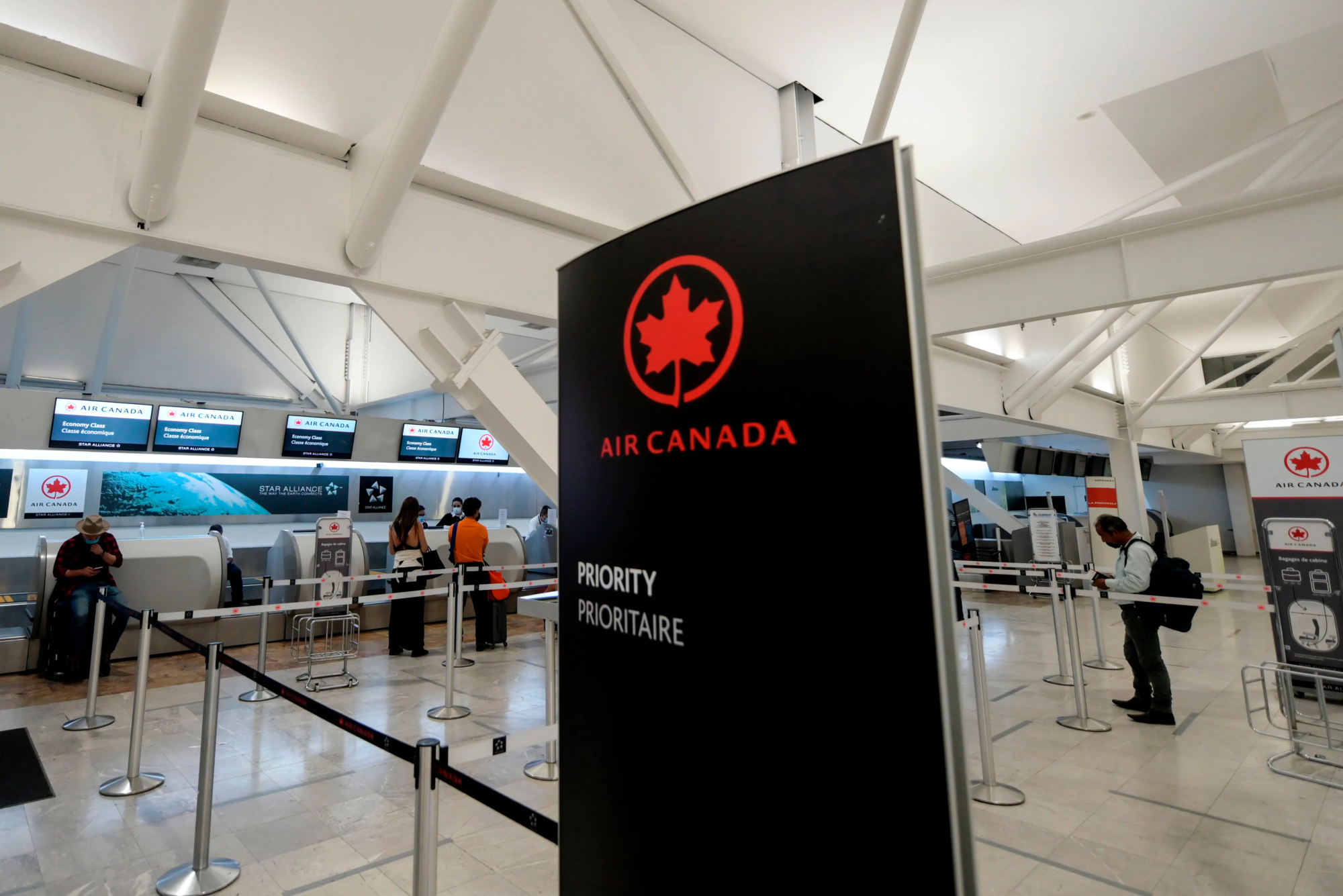Nothing throws off a Vacation mood like last-minute baggage fees.
Just when you’re ready to start your trip, these fees can add up, especially if you’re travelling with a family or bringing extra gear, making a dent in your budget before you even take off.
Fortunately, with a few smart strategies, you can make the most of Air Canada’s baggage policies to save on fees — or avoid them altogether.
Let’s dive into the tips that make this possible.
Air Canada’s Baggage Policy
Understanding Air Canada’s baggage policy is the first step in strategizing how to avoid those pesky fees.
Baggage allowances depend on the type of bag, whether it’s a carry-on, checked luggage, or special equipment like a snowboard. So it’s important to familiarize yourself with the rules for each.
Let’s begin with Air Canada’s carry-on baggage policy.
Carry-on Baggage Rules
Air Canada’s carry-on baggage policy is quite simple and straightforward. Each passenger can bring one standard article and one personal article on board, regardless of destination.
A standard article typically refers to a carry-on baggage or a large backpack, while a personal article may include a small backpack, briefcase, pet carrier, or a garment bag.
However, there’s an exception: Economy Basic fare tickets purchased on or after January 3, 2025, will no longer include one standard article as part of Air Canada’s updated baggage policy.
While Air Canada does not impose weight restrictions for carry-on items, there are strict dimension limits:
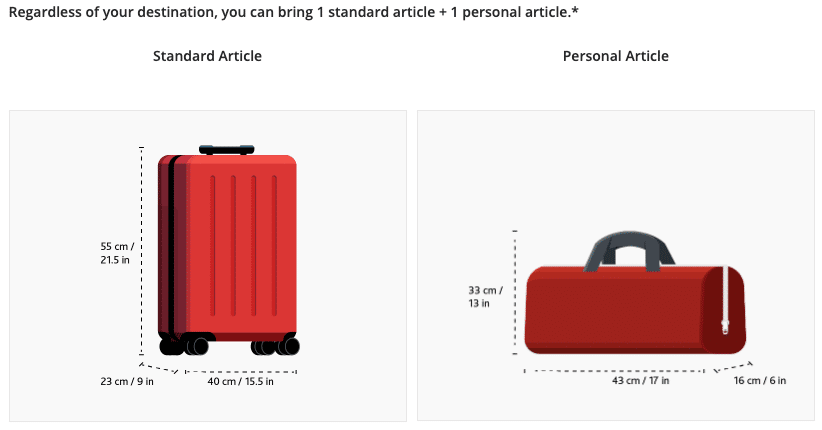
Standard Article Dimensions:
- Height: 55 cm (21.5 in)
- Depth: 23 cm (9 in)
- Width: 40 cm (15.5 in)
Personal Article Dimensions
- Height: 33 cm (13 in)
- Depth: 16 cm (6 in)
- Width: 43 cm (17 in)
Checked-in Baggage Rules
Air Canada’s rules for checked baggage can be a bit complex, as they vary based on factors like fare class, destination, and Aeroplan loyalty status. Before diving into those specifics, let’s first review the general weight and size restrictions that apply across all itineraries.
Regular checked baggage
- Maximum weight per bag: 23 kg (50 lb)
- Maximum linear dimensions per bag: 158 cm (62 in)
Note that maximum linear dimensions are calculated by adding together its greatest outside height, width, and length, including wheels and handles.
Additional checked baggage
- Overweight Limits: 23 to 32 kg (50 to 70 lb)
- Oversized Limits: 160 to 292 cm (53 to 115 in) linear dimensions
Being mindful of these size and weight limits can help you avoid additional fees for overweight or oversized bags at check-in.
Determining Your Baggage Allowance
The most accurate way to check your baggage allowance and any applicable fees is to use Air Canada’s baggage calculator. However, here’s a general guideline based on fare class, assuming you don’t have Aeroplan loyalty status or a co-branded Aeroplan credit card:
- Economy Basic: No checked bags included
- Economy Standard: No checked bags included (except for travel between Canada and international destinations excluding U.S., Mexico, the Caribbean, and Central America)
- Economy Flex: One checked bag included
- Economy Comfort: One checked bag included (Two checked bags for flights booked on or after Jan 3, 2025)
- Economy Latitude: Two checked bags included
- Premium Economy: Two checked bags included
- Business Class: Two checked bags included (32kg each)
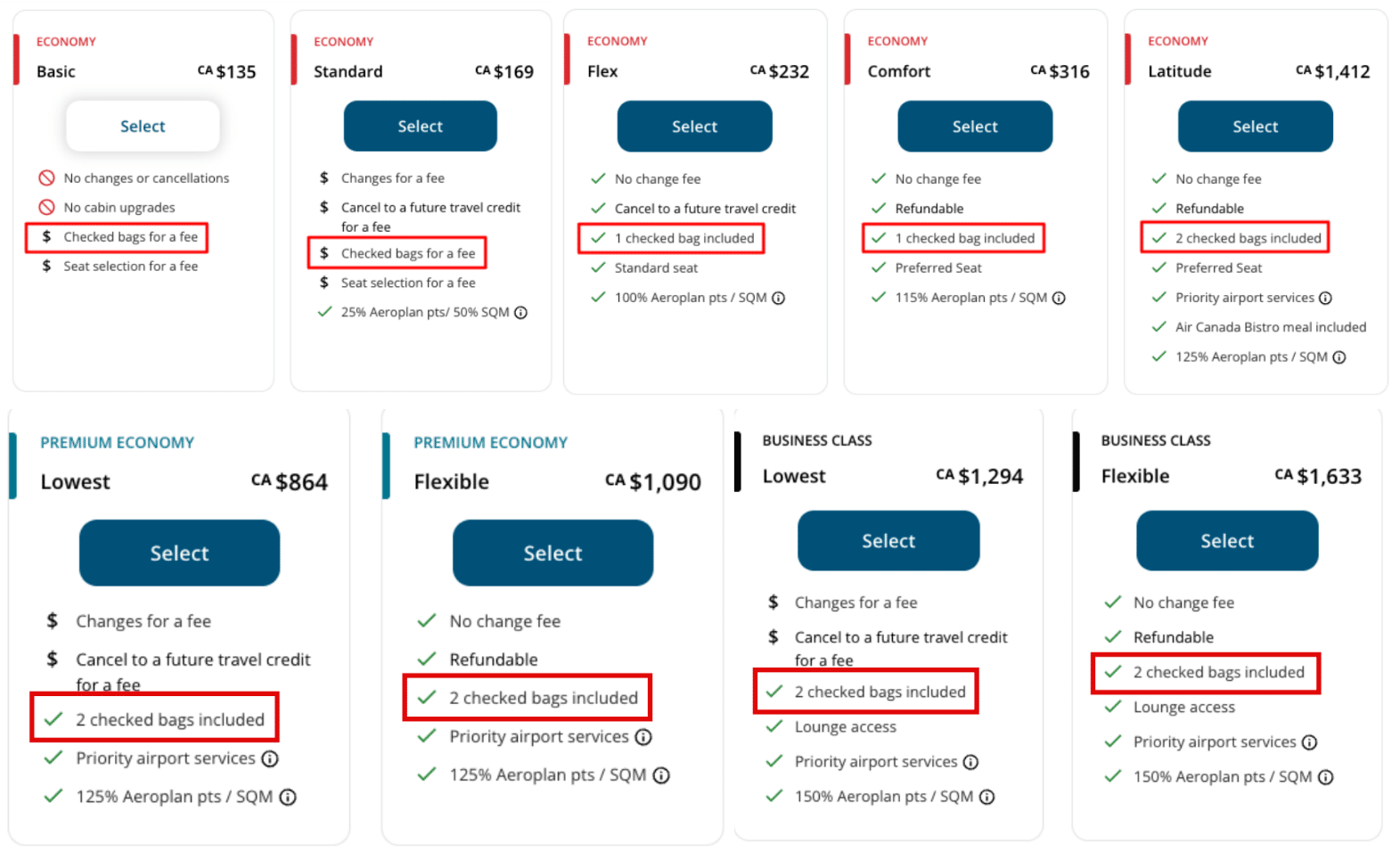
For Air Canada flights with Aeroplan points, the baggage allowance largely mirrors that of cash bookings, with a couple key differences:
- There is no Basic or Comfort fare option for Aeroplan economy award flights.
- Aeroplan standard reward bookings between Canada and international destinations do not include any baggages, where as cash standard fares include one checked bag.

Checked-in Baggage Fees
If the fare type you booked doesn’t include a checked bag, you’ll need to pay a fee to check it in. These fees vary based on factors like your cabin class, Aeroplan loyalty status, and travel itinerary.
For a rough estimate of baggage fees, refer to Air Canada’s checked baggage fees page, but as mentioned earlier, the most accurate way to determine fees for your specific flight is to use the Air Canada baggage calculator.
Simply input details like your origin, destination, loyalty program status, and class of service, and the tool will display the baggage fees for your particular trip.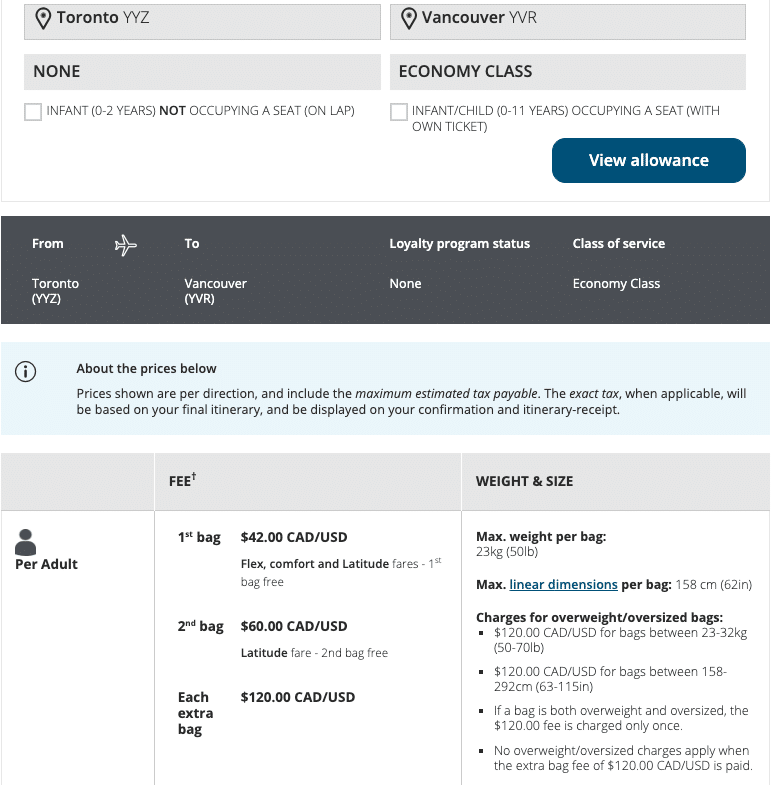
Extra Equipment Fees
For items like sports equipment, musical instruments, and hunting gear, additional fees may apply based on the type of equipment, weight, and destination. The best source for detailed information is Air Canada’s special items page, which outlines specific fees and conditions.
For example, you can check in skis or a snowboard at no additional cost if you’re travelling between Canada and Europe, the Middle East, or Africa — a great bonus for winter adventure travellers.
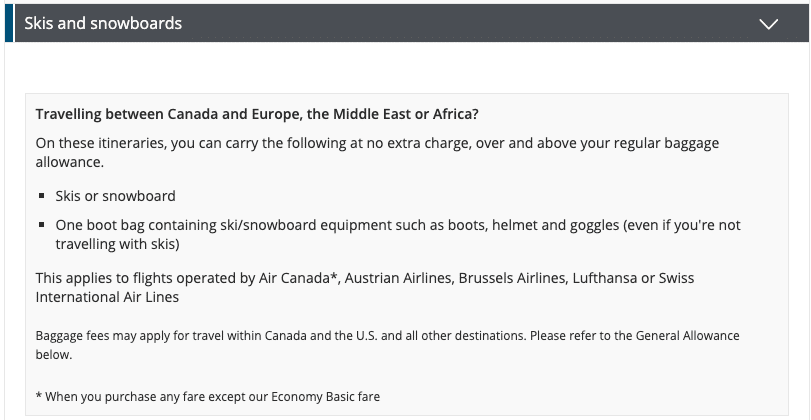
On the other hand, hockey equipment will count as one piece of baggage, meaning it will take up one slot from the baggage allowance tied to your flight ticket.
Therefore, planning ahead and familiarizing yourself with Air Canada’s baggage rules will help you avoid surprises and choose the right fare for your needs.
While knowing the baggage allowances and fees is useful, there are also ways to potentially avoid these fees altogether. Let’s explore strategies that can help you make this possible.
How to Avoid Air Canada’s Checked Baggage Fees
There are numerous ways to reduce or eliminate checked baggage fees. From holding a co-branded credit card to achieving Aeroplan Elite Status, here are some strategies that can help you save on your baggage fees.
Hold an Aeroplan Co-branded Credit Card
One of the easiest ways to get free checked bags on Air Canada flights is by holding an eligible co-branded credit card. Many of these cards come with baggage benefits that apply to both you and your travel companions.
A great example is the TD® Aeroplan® Visa Infinite* Card. As the primary cardholder, you and up to eight guests on the same reservation can each get their first checked bag free — an especially valuable perk for family trips, as it covers multiple travellers’ bags at no extra cost.
Although your Aeroplan account is linked to the credit card in the backend (meaning you don’t have to use the card to purchase tickets to be eligible for complimentary first checked baggage), paying with an Aeroplan co-branded card unlocks additional benefits.
Here are some benefits you’re entitled to by paying with the TD® Aeroplan® Visa Infinite* Card:
- Travel Medical Insuranc†
- Trip Cancellation/Trip Interruption Insurance†
- Flight Delay Insurance†
- Delayed and Lost Baggage Insurance†
- Common Carrier Travel Accident Insurance†
These perks not only add value to your travel experience but also provide peace of mind should the unexpected occur.
- Earn 10,000 Aeroplan points† upon first purchase†
- Plus, earn 15,000 Aeroplan points† upon spending $7,500 in the first 180 days of account opening†
- Plus, earn an additional 15,000 Aeroplan points† on renewal when you spend $12,000 within 12 months of account opening†
- Earn 1.5x Aeroplan points† on eligible gas, groceries, and Air Canada® purchases, including Air Canada Vacations®†
- Preferred Aeroplan pricing and free checked bag on Air Canada® flights†
- Minimum income: $60,000 personal or $100,000 household
- Annual fee: $139 (rebated for the first year)
- Offer available for applications approved on or after January 7, 2025.
Choose the Right Fare
Choosing the right fare class can be another effective way to save on baggage fees. Air Canada offers fares that already include checked baggage, which can be more cost-effective if you know you’ll need it.
For instance, if you’re a light traveller, the Basic or Standard Economy fares, which don’t include checked baggage, may work just fine. However, if you anticipate needing checked luggage, upgrading to a fare that includes a bag could be a better option.
Let’s look at an example flight from Toronto (YYZ) to Vancouver (YVR).
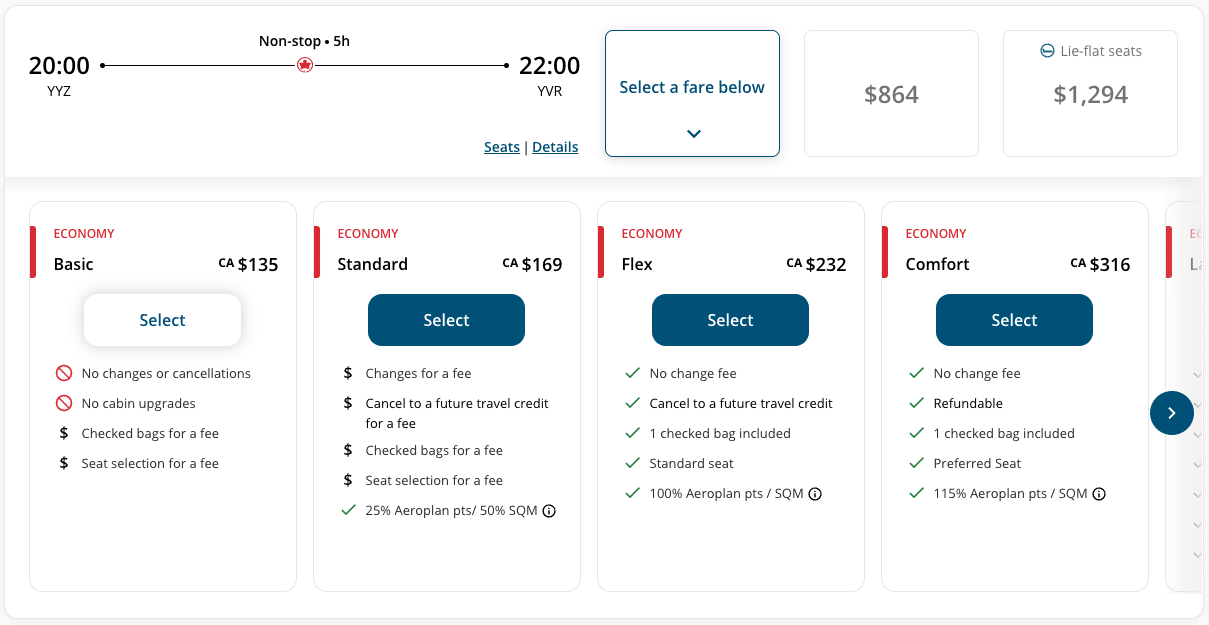
In this example, the Basic Economy fare costs $135 (all figures in CAD), which does not include any checked baggage. Adding one checked bag would cost an additional $42, bringing the total to $177.
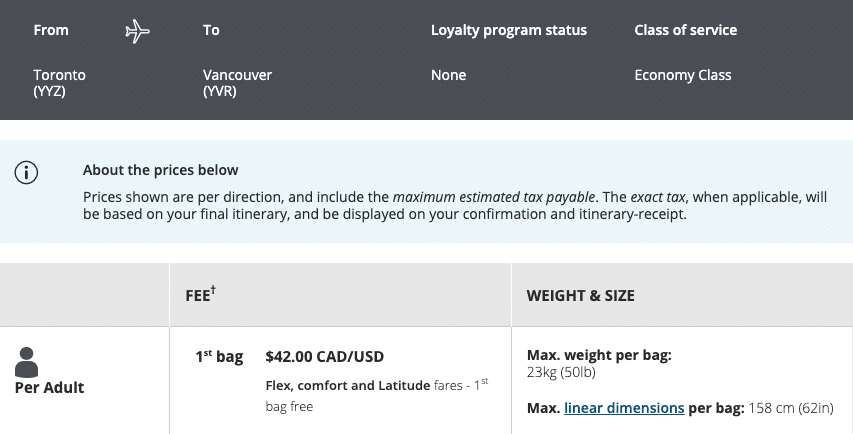
At this point, it’s worth comparing to the Flex fare at $232. While this fare is $55 more, it includes several other perks along with one free checked baggage.
With the Economy Flex fare, you’ll earn 100% Aeroplan points from the flight. Since the Toronto to Vancouver route is 2,085 miles, you would earn 2,085 Aeroplan points. Since we value Aeroplan points at 2.1 cents per point, those points are worth approximately $43.79, offsetting about 80% of the added cost.
Additionally, Flex fares offer perks like free schedule changes, the ability to cancel for a flight credit, and the option to select a standard seat at booking, giving you more control over your travel experience and seat preference.
With all these extra benefits included, the additional $55 can be very well justified.
Achieve Aeroplan Elite Status
If you want a surefire way to avoid baggage fees, achieving Aeroplan Elite Status is your answer. Even the lowest status tier, Aeroplan Elite 25K Status, includes two complimentary checked bags.
What makes this perk even more valuable is that the baggage allowance applies regardless of your destination or fare type.
- Aeroplan Elite 25K Status: Members with 25K status can check two bags for free with 23 kg allowance each.
- Aeroplan Elite 35K Status and above: Members with 35K status or higher can check three bags for free, each with a generous weight allowance of up to 32 kg.

Achieving status with Air Canada is undoubtedly worthwhile if you travel frequently and often check bags. With perks like these, you’ll enjoy the peace of mind of knowing you’re bulletproof from baggage fees, no matter where you’re headed or which fare you’ve booked.
Benefit from a Status Pass
If you don’t fly enough to earn Aeroplan Elite Status, you might still benefit from a Status Pass — a perk that Elite Status members can share with family or friends.
Status Passes allow an Aeroplan Elite Status member to gift elite privileges, including free checked baggage, for a single trip, up to nine people on the same reservation.

Status passes are given to Aeroplan Elite 50k status holders and above each year they qualify, so if you know of any friend or family member who’s a frequent flyer, perhaps you can ask them if they can gift you a status pass.
The recipient of the Status Pass will enjoy the benefits as if they held elite status themselves for that trip, making it a handy option for family travel or group trips.
- Priority Check-in
- 3 Complimentary Checked bags, with Priority baggage hendling
- Priority security clearance
- Maple Leaf Lounge access
- Priority airport standby
- Priority boarding
Conclusion
Air Canada’s baggage fees don’t have to be an inevitable travel expense. By choosing the right credit card, fare, or achieving an elite status, you can take control and avoid paying for checked baggages. Whether you’re a frequent flyer or an occasional traveler, these tips can help you fly lighter on your wallet.
If you frequently fly with Air Canada, consider adding a co-branded credit card to your wallet. Not only will it cover your first checked bag, but you’ll also enjoy perks like priority boarding, access to airport lounges, and more ways to earn Aeroplan points for your next adventure.


